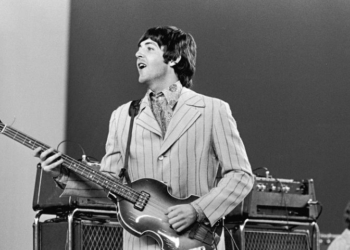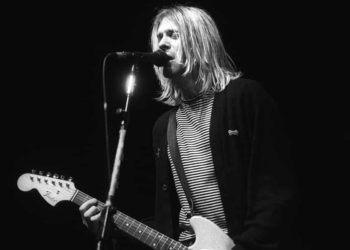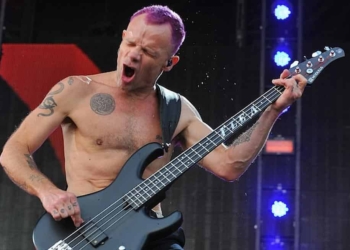KISS legend Gene Simmons has always been clear about his approach to bass: keep it simple and practical. “I’ve always been a pragmatist,” he explains. “When I was younger, everyone wanted to play guitar, and I tried that too. But I noticed there were far fewer bass players, so I figured learning bass would give me a better shot at joining a band—which was my real goal.”
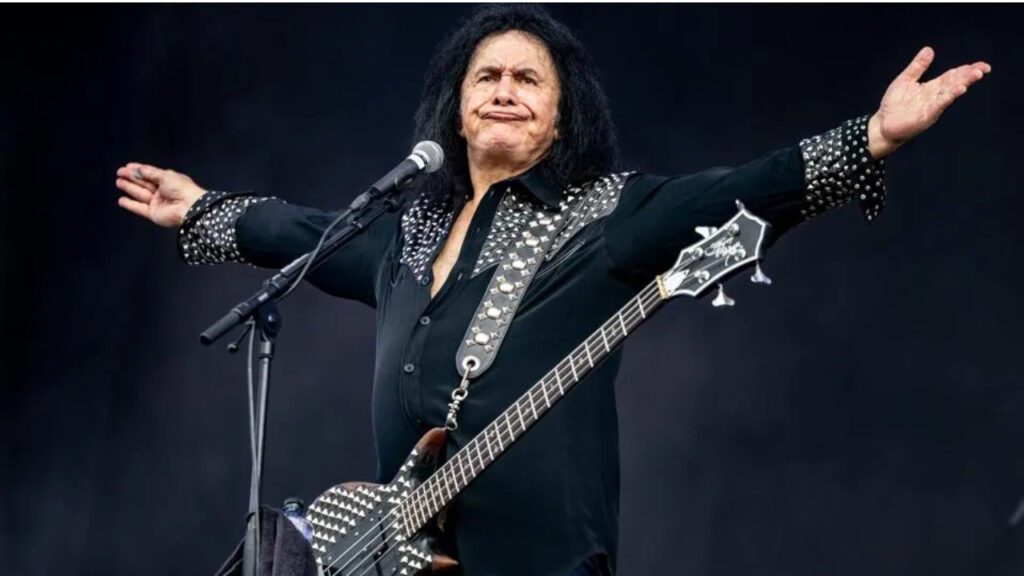
While the larger-than-life spectacle of KISS often focused on Ace Frehley’s guitar solos, Peter Criss’ wild drumming, and Paul Stanley’s powerful vocals, Simmons’ basslines quietly formed the backbone of their biggest hits. Tracks like Firehouse and Love Her All I Can are driven by his riffs, which the guitars often doubled to create their signature sound.
Despite his influence, Simmons insists he was never interested in being a bass virtuoso. “I don’t like show-offs in music,” he says. “I’m more drawn to things that stick with you—something memorable. That’s what excites me about music. Honestly, there aren’t a lot of bass players you can say are memorable.”
Simmons doesn’t shy away from self-deprecation, either. “I’m like a Burger King Whopper—simple, reliable, and satisfying. I’m not trying to be a jazz player who impresses musicians. The hardest thing in music is creating something simple that resonates with people.”
Here’s a look at the bassists Gene Simmons says influenced his iconic style:
1. Ronnie Wood
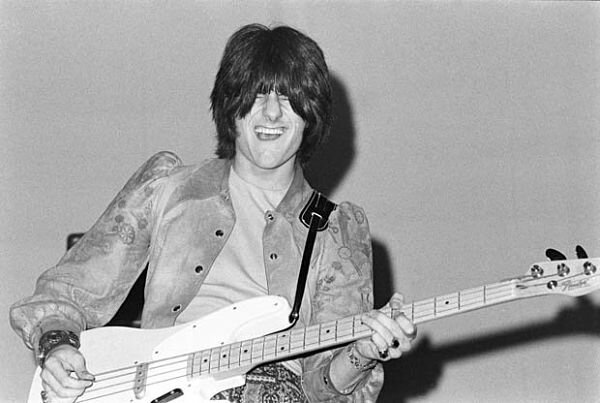
“You might think of Ronnie Wood as a guitarist with the Stones, but I was blown away by his bass playing in the Jeff Beck Group. Those first two records were game-changers for me. His basslines had this tone—a mix of bass and guitar—that stood out.
“To me, he’s a better bassist than guitarist. His work on those albums is unforgettable, unlike a lot of other players whose tones kind of blur into the background.”
2. Paul McCartney
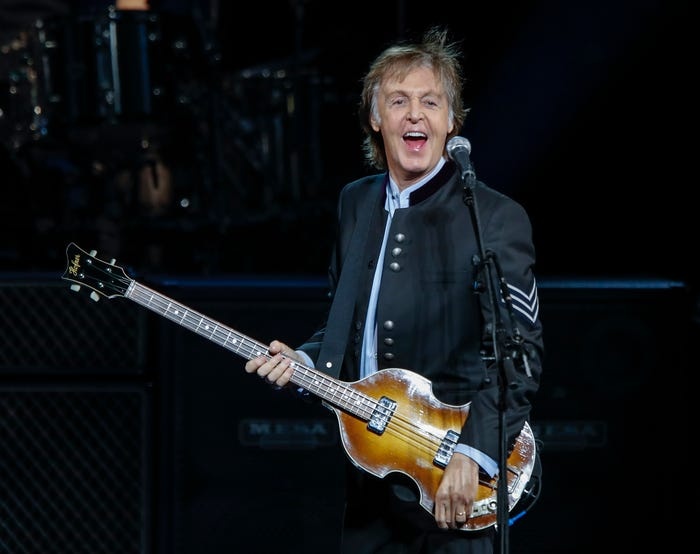
“Paul McCartney is my biggest influence, no question. Think about it: you can hum the basslines from most Beatles songs. That’s rare. McCartney treated bass like a melodic instrument, not just something locked to the drums.
“His basslines were like their own melodies. He moved around the fretboard and stayed creative while staying true to the song. That’s incredibly difficult to do. And let’s not forget, he’s the most successful songwriter of all time. A true triple threat.”
3. Chris Squire
“Chris Squire of Yes is another one. You can hear his basslines clearly—they’re melodic, iconic, and completely his own. Tracks like Roundabout stick with you because his playing stands out so much.
“Like McCartney and Wood, Squire was an individual. He didn’t just play the root notes—he created melodies that defined the songs. His tone and style were unmistakable.”
4. Carol Kaye
“You can’t talk about bass without mentioning Carol Kaye. Most people don’t realize she played on countless Motown hits. She was this unassuming, petite woman among rooms full of male musicians, and she completely owned the basslines.
“I got to play with her, and she didn’t pull punches. She’d tell me, ‘You’ve got the notes, but you’re not playing the feel.’ That was her magic—her basslines carried so much groove and personality.”
5. Michael Anthony
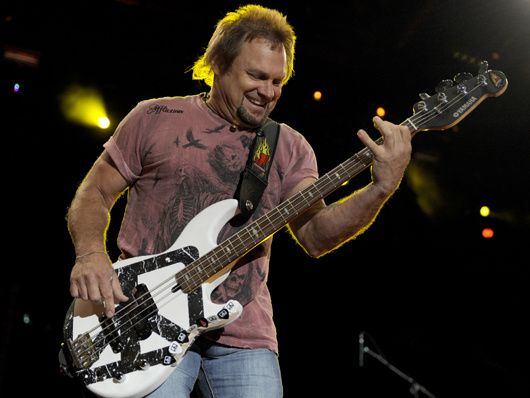
“Michael Anthony of Van Halen doesn’t get enough credit. I worked with Van Halen on their first demo, and I was impressed by how he played. Eddie Van Halen’s guitar parts were wild, but Michael’s basslines wove around them in such a clever way.
“That’s what I love—when bass isn’t just walking a straight line but adding something unexpected. It’s far more interesting than just following the obvious path.”
Gene Simmons wraps it up with a nod to his approach: “I’ve never been interested in being the best bassist or the flashiest. I just want to play parts that stick with you. The hardest thing in music is writing something simple that people can’t forget. That’s always been my goal.”
